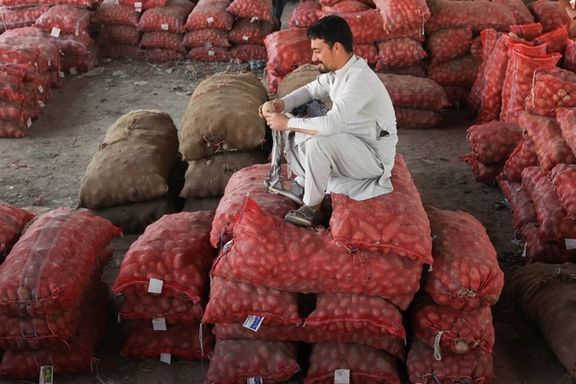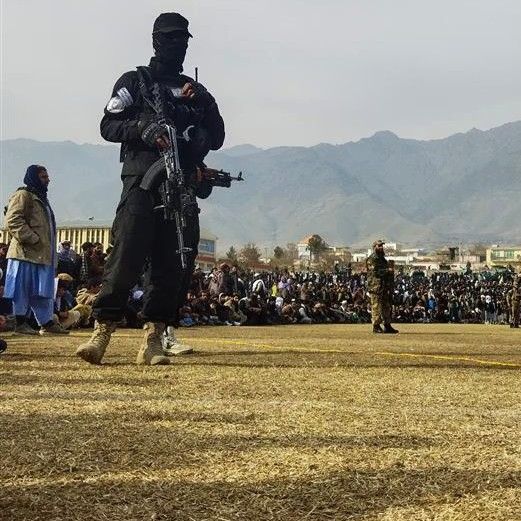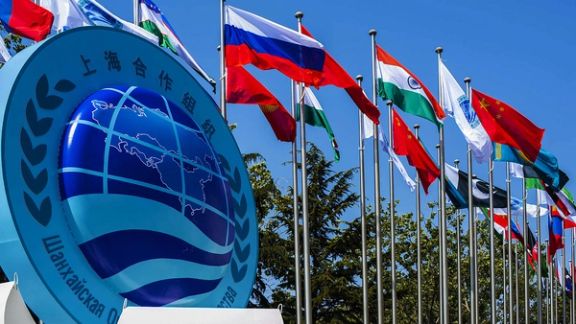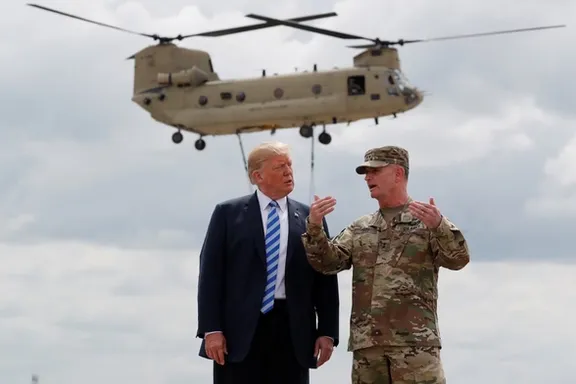The chamber said annual bilateral trade has the potential to exceed $5 billion, but the figure has fallen to less than $1 billion because of repeated disruptions at crossings between the two countries.
In a letter addressed to the Ministry of Commerce, the Federal Board of Revenue chair, customs officials and the director-general of transit and trade, the chamber’s president, Junaid Makda, urged Islamabad to act immediately to address what he described as a worsening trade crisis triggered by the prolonged shutdown of the Pakistan-Afghanistan border.
Authorities closed multiple crossings on 11 October following clashes between Pakistani forces and the Taliban, halting trade and transit for more than a month.
Makda wrote that thousands of containers carrying commercial and transit goods including cargo destined for Central Asian republics remain stuck across Pakistan. He said the extended delays have caused substantial losses for traders as well as transport and logistics companies. Many Pakistani traders, he added, are now forced to pay up to $200 per day in demurrage for their trucks.
The letter said Pakistan-Afghanistan bilateral and transit trade has the annual capacity to surpass $5 billion and plays a direct role in Pakistan’s economy and regional standing. But due to repeated border disruptions, particularly the current closures, the volume has dropped below $1 billion.
In response to the closure, the Taliban’s deputy prime minister for economic affairs has banned the import of medicines from Pakistan and directed traders to seek alternative routes. Following the directive, Taliban trade minister travelled to Iran to expand commercial links.
At the same time, the Taliban announced an agreement with Uzbekistan to export Afghan agricultural products. A spokesperson for the Taliban governor in Balkh said Afghan produce will be exported by air via Uzbekistan to markets in Central Asia, South Asia and Europe.
Makda stressed that while the joint chamber supports Pakistan’s national security requirements, the financial damage to those whose livelihoods depend on cross-border commerce has become “alarming.” He said chambers in both Pakistan and Afghanistan are in contact and well placed to help facilitate a solution.
The letter noted that hundreds of vehicles transporting commercial goods for Afghan importers are stranded at Torkham, Chaman, Ghulam Khan and other border points, creating what it described as severe operational and financial bottlenecks. Makda urged the government to prioritise the movement of trucks carrying Afghan commercial cargo to prevent further losses.
Pakistan’s Foreign Ministry has said the crossings will remain closed. Tahir Andarabi, the ministry’s spokesperson, said “the lives of Pakistani citizens are more valuable than trade or transit of goods.”
The chamber’s demands include reopening commercial crossings, restarting bilateral trade and transit, establishing a practical mechanism to support exporters and transport firms, and granting a full and immediate waiver of container demurrage fees.
Makda said the crisis “is not merely a trade disruption, but a direct threat to the livelihoods of millions of Pakistanis who depend on cross-border commerce.” He urged the government to take immediate action to stabilise the situation and prevent further economic fallout.






